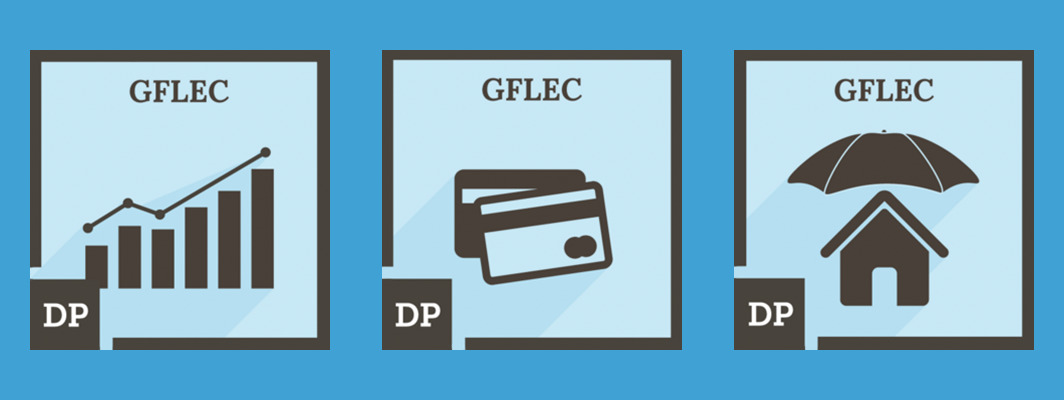
Teachers, parents, and students alike believe high school curriculums should offer students the opportunity to manage their own finances in order to develop financial literacy skills. A University of Wisconsin-Madison and National Endowment for Financial Education study found that 89 percent of teachers believe personal finance should be a mandatory class, but only 20 percent believe they could competently teach that class. This study also found that 86 percent of high school students would rather learn about money management in a classroom setting before making mistakes in the real world.
Still, there remains a disconnect between the financial education most believe high school students should receive, and the financial education they are receiving. Motivated teachers who are passionate about exposing students to personal finance have worked to find the resources to do so; some offer a course as a semester-long elective, while others integrate personal finance lessons into Social Studies and Math coursework.
Recognizing the gap between the universal need for students to receive financial education and the professional learning resources available to equip teachers to provide that instruction, Digital Promise and the Global Financial Literacy Excellence Center (GFLEC) at George Washington University have teamed up to develop twenty personal finance micro-credentials for educators. Each micro-credential is aligned to personal finance national standards, all of which explore topics and situations relevant to high school students.
All twenty micro-credentials are guided by an evidence-based teaching method, implementation guide, and resources where teachers can learn more about a topic to craft lessons that will meet the requirements of the micro-credential. Through this stack of micro-credentials, educators will have the opportunity to teach critical skills to their students as they head to college and into a career, including budgeting, responsible credit card use, and even building a credit score.
We know there is a direct relationship with the instructional support an educator receives, and the classroom experience they are able to provide their students. This stack of micro-credentials offers educators the support they need to prepare financially skilled and fiscally responsible students to thrive in the world.
Learn more about how you can incorporate financial literacy into your classroom by visiting our platform and starting your micro-credential journey.